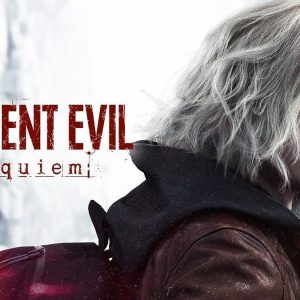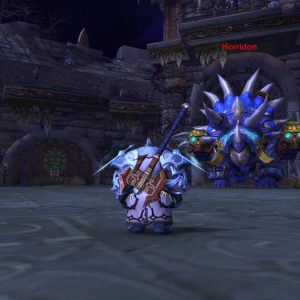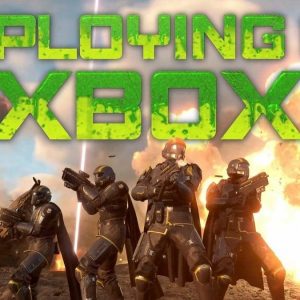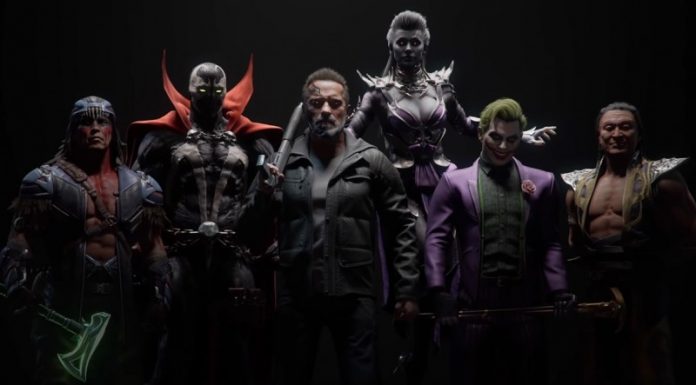If Microsoft could make a video game that was as successful and beloved by gamers as Call of Duty, it wouldn’t have been in court in late June. That’s the core of the issue, according to economists, the San Francisco judge, and onlookers who await the judge’s decision with baited breath.
“We wouldn’t be here if Microsoft had created Call of Duty,” Judge Jacqueline Scott Corley said to lawyers representing Microsoft and the FTC. The law wants people to make their own creative video game smash hits, rather than purchasing them, according to the judge last Thursday.
San Francisco judge says that we wouldn’t be here if Microsoft made Call of Duty itself, we’re here because it wants to buy Call of Duty. We don’t benefit from buying, we want to incentivize people to make their own COD-sized hits. Microsoft lawyer disagrees.
— Shannon Liao (@Shannon_Liao) June 30, 2023
Corley is poised to make a decision within two weeks on whether Microsoft can acquire Activision Blizzard for nearly $70 billion. Most experts IGN spoke to think that Microsoft is likely to win its case against the Federal Trade Commission, though a vocal minority disagree. The FTC and Microsoft declined to comment.
Much of the FTC’s case hinges on Call of Duty, or “a shooter video game,” as the judge put it, and that Microsoft did not make a video game that shot its way to success by itself but is looking to buy one.
Florian Ederer, associate professor of economics at the Yale School of Management, explained to IGN that a key point in antitrust law is that “nobody can really say that you are doing anything bad if you’re the one that organically grew into a dominant player.”
“If you just make amazing games that then give you a very dominant market position, that’s not illegal. That’s perfectly fine,” Ederer said. Sony’s God of War was brought up in court as an example of organic success.
Corley pushed the FTC on the possibility that some other game developer could come out with something better, if Microsoft bought up Call of Duty. She said: “I’m trying to figure out why the emphasis is so much on ‘Call of Duty.’ Isn’t there an argument that will force someone to come up with another good annual game? After all, Mr. Kotick started from essentially nothing, but he was able to do it, right?”
The FTC responded that Call of Duty was particularly successful – or as some have described it, “a unicorn.”
According to a June survey of 1,000 PC and console gamers by investment bank Jefferies, 38% surveyed wanted to play Call of Duty, followed by Fortnite (29%) and Minecraft (29%). The majority (31%) were looking forward to the upcoming Call of Duty title the most, followed by Spider-Man 2, a PlayStation exclusive, at 28%.
Xbox’s counter-argument: Call of Duty was not a unicorn.
Microsoft’s economist Dr. Liz Bailey argued on the stand this week that Call of Duty was not unique, that the FTC’s economist’s market definition was too narrow and didn’t align with reality, and that if the merger goes through, Activision games will become available on more platforms. Bailey analyzed the market and said that Nintendo was a competitor to PlayStation and Xbox.
It’s in Microsoft’s favor to argue that the market is larger, so that the company is seen as less monopolistic, while it’s in the FTC’s favor to argue that the market is smaller.
Most analysts IGN interviewed agreed that the judge was likely to rule in Microsoft’s favor, and that a different outcome would take them by surprise.
“Everybody knows that the FTC at the moment is very, very, very aggressive,” Ederer said. “Most people expect the FTC not to be successful here.”
Under the Biden administration, the FTC has been more proactive, including suing Amazon in June for allegedly tricking customers into signing up for Amazon Prime.
“The Federal Trade Commission isn’t bringing cases because they are easy to win,” said Lee Hepner, legal counsel at anti-monopoly advocacy group the American Economic Liberties Project. “They are bringing cases that anticipate new frontiers of corporate dominance. Microsoft’s ambition is to create a monopoly in the fastest growing sector of the entertainment industry, at a price that is 70 times the size of Facebook’s acquisition of Instagram.”
Not everything has gone Microsoft’s way. The United Kingdom blocked the merger in April, citing cloud gaming as the reason. The FTC continued this line of argument during the hearing, saying that if consoles became obsolete in the future, they’d be replaced by the cloud, where Microsoft holds the advantage.
The FTC also had some evidence on its side: in particular, two emails from Matt Booty, the head of Xbox Games Studios, from 2019 and 2021.
In 2019, Booty wrote to Xbox’s chief financial officer Tim Stuart that Microsoft could “spend Sony out of business.”
“Content is the one moat that we have,” Booty wrote in response to emails that were redacted from public view. He said that in ten years, the company would look back and say, it would have been worth spending $2 or $3 billion in 2020 to stay ahead of the competition.
Microsoft spokesperson David Cuddy responded in a statement last Monday: “This email is three and a half years old and predates the announcement of our acquisition by 25 months. It refers to industry trends we never pursued and is unrelated to the acquisition.”
In a 2021 email, Booty wrote that there was “no effing way” that Xbox was going to put its original games on competitors’ streaming or subscription service.
What’s next for the Xbox FTC case
During a tense moment in court, the FTC and Microsoft argued in closing remarks and the judge gave an indication of her thinking.
“The merger is permanent, Judge,” FTC lawyer James Weingarten said repeatedly on Thursday, before he launched into an argument about how the deal would hurt Sony.
Corley interrupted him. “It’s not the harm to Sony we care about, it’s the harm to consumers,” she said, before calling for a break.
The FTC versus Microsoft hearing is only the first step in what could be a long, drawn-out process, depending on how the judge rules.
If the FTC loses the hearing, it could immediately appeal the judge’s decision and file to stop the court order. It could also choose to continue its case against Microsoft, even if the merger is completed.
As for Activision Blizzard, it will be paid a $3 billion break-up fee if the deal fails, and if it’s completed, Activision CEO Bobby Kotick stands to earn roughly $400 million.
The deal has a July 18 deadline. Microsoft and Activision could potentially renegotiate if the judge rules against them. We have been avidly covering the trial and will keep a close eye on the judge’s decision.
Shannon Liao is a video games journalist who was formerly a staff writer at the Washington Post, CNN and The Verge. You can follow her on Twitter at @Shannon_Liao and on Substack at shannonliao.substack.com























